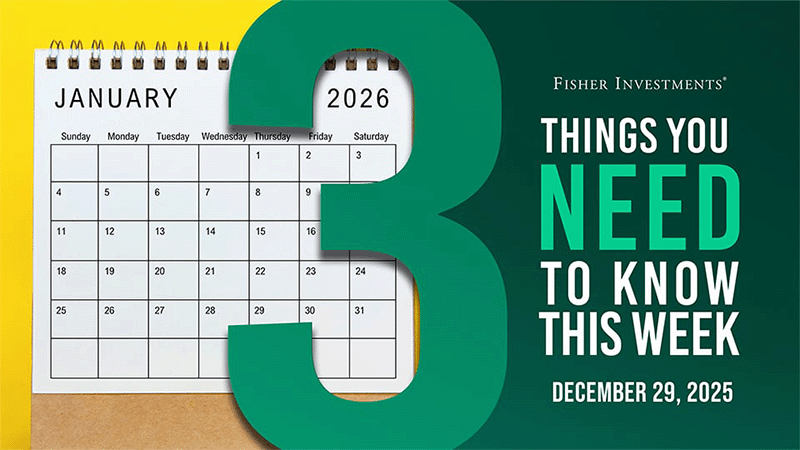Personal Wealth Management / Economics
Dodd-Frankly, That’s Dumb
Dodd-Frank rules governing derivatives trading go into effect Friday. However, those potentially subject to the rules still find them full of ambiguity and uncertainty.
We make it no secret we find Dodd-Frank legislation a morass of a conflicting hodge-podge with myriad unwritten rules—hence, the potential for unintended consequences. But this week, more rules took shape.
Friday, key provisions of Dodd-Frank governing over-the-counter derivatives (e.g., swaps, etc.) take effect. Specifically, the rules aim to increase transparency into transactions to reduce overall risk. For example, previously unregulated swap dealers will be required to register with the Commodities Futures Trading Commission (CFTC) and be subject to various rules on reporting, sales practices and the like. Those failing to meet certain statutory requirements as mandated by the CFTC will be subject to enforcement. Fair enough, and on its surface a fine thing. However, according to various businesses the rule (possibly) effects, there are numerous problems with the CFTC’s rushed regulation.
For starters, many businesses aren’t even aware if they’re subject to the rules or not. As of last week, hundreds of firms utilizing swaps and potentially subject to regulation submitted requests for clarification, regulatory relief or exemption from the CFTC. Further, the CFTC’s regulation fails to clearly specify what enforcement actions they might take for noncompliance.
Regulatory uncertainty can have a chilling effect on markets. Participants may step back for fear of violating (still nebulous) regulations and unclear punitive consequences from regulators. And in this case, that can mean firms wanting to better protect themselves from risks associated with their business won’t be able to do so if swap dealers won’t participate in the market. That could result in higher costs for some businesses, which get passed along to their customers. Probably not what the Dodd-Frank framers had in mind.
Dodd-Frank also tasks various federal and international regulators—the SEC, CFTC, Treasury, Fed, etc. with rule-making in many of the same areas—resulting in vast overlap and further confusion. The courts, to their credit, have provided some relief from this conflicting morass. Late last month, a federal judge struck down one CFTC rule that was set to go into effect Friday as well. Called “position limits,” the rule capped the number of open derivatives contracts a trader could hold on 28 different commodities—thereby minimizing (theoretically) the impact any one trader could have on markets. The judge tossed the limits, saying they weren’t “clear and unambiguous” as any regulation should be and would impart significant uncertainty in markets.
Our guess is courts continue to be a busy bunch as there are plenty more Dodd-Frank rules and regulations to be determined, defined, implemented and enforced in the months (and potentially years) ahead. And based on the track record of the rules’ success (or lack thereof) so far, the courts won’t be the only ones busy—we’ll continue to have plenty to write about.
If you would like to contact the editors responsible for this article, please message MarketMinder directly.
*The content contained in this article represents only the opinions and viewpoints of the Fisher Investments editorial staff.
Get a weekly roundup of our market insights
Sign up for our weekly e-mail newsletter.

You Imagine Your Future. We Help You Get There.
Are you ready to start your journey to a better financial future?

Where Might the Market Go Next?
Confidently tackle the market’s ups and downs with independent research and analysis that tells you where we think stocks are headed—and why.





